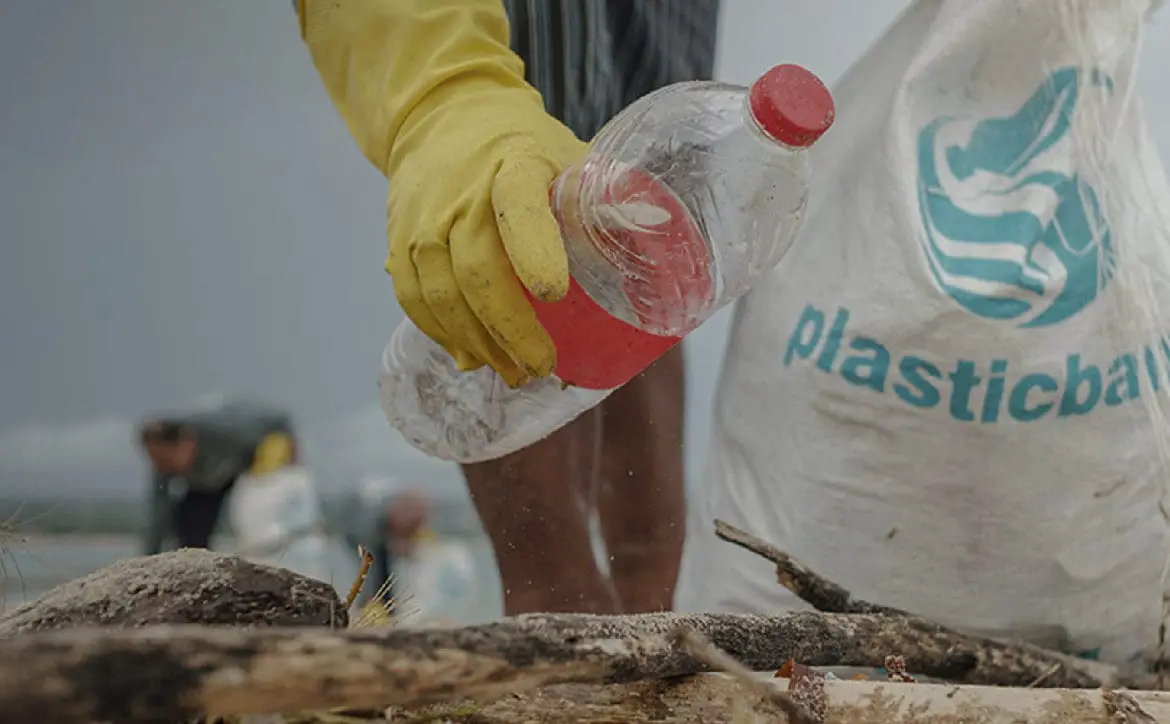Jennifer Doudna and her research partner Emmanuelle Charpentier both won the Breakthrough Prize in Life Sciences, Massry Prize. You’d see that and decide these were a couple scientific eggheads, winning some special award. Then you’d forget about it. Unless you see the film clip of Cameron Diaz handing them an award that, at quick glance, could be an Emmy or an Oscar. Then the average person’s attention perks up. This must be some big deal to have a movie star give them the award. And it is. They won for a breakthrough study in genome editing.
Genome editing. It sounds maybe innocent, maybe a little techie. Most people aren’t science oriented enough to know what a genome is without looking it up. And the word “editing” certainly sounds innocent enough. Dictionary.com defines genome as “a full set of chromosomes; all the inheritable traits of an organism.” The first entry in a Google search for “genome” says, “A genome is an organism’s complete set of DNA, including all of its genes. Each genome contains all of the information needed to build and maintain that organism. In humans, a copy of the entire genome—more than 3 billion DNA base pairs—is contained in all cells that have a nucleus.”
Suddenly, “genome editing” becomes more interesting. What these women won the award for is genetic manipulation. In a story by Norah O’Donnell on CBS This Morning, Mrs. Doudna said, among other things, that she was interested in the science not the monetary possibilities. And she seemed honest enough to believe that. But we don’t normally think of scientists “going for the big bucks.” Until you think about what this is.
As we gain more experience and knowledge in the field, there’s the possibility of editing out genetic diseases. Tendencies toward cancer could disappear, family genetics toward certain health issues could be eliminated. Perhaps, as we get better at it, we could develop corrective surgery at the genetic level. That’s all good.
If you’re into science fiction at all, there’s also thoughts of 1984, Brave New World, Dune, and maybe Dr. Frankenstein. The technology has other possibilities. With all the things this can mean for bettering life, there are questions about its use. Designer babies? Drone workers? Genetic geniuses, forever tied to a lab and nothing else? How about the ultimate soldier?
In that same CBS interview, Norah O’Donnell asked about the possibility of numerous labs all manipulating a batch of genetically created or modified babies. Jennifer Doudna stated that this is prevented by regulations already in place in North America and Europe, but China has far fewer restrictions. Neither Latin America nor Africa were mentioned, but are likely also working on genome editing. If they’re not now, they probably will sometime in the future. Knowing that the sciences can produce a few rogues, those science fiction possibilities start to lose their fictional veneer.
Perhaps bigger questions arise from thinking about who and how this is controlled. It brings together religion, philosophy, morality, politics, medicine, business, and science. Religion is going to explore whether this invades the domain of God or gods. Business will, as always, be looking at the profit potential. And we all have seen the patient costs of medical science. Politics will want governmental controls in place, while we all have visions of what happens when big or totalitarian governments runs things.
Philosophy/morality and science are seeking acceptable boundaries for this kind of research. Do we allow babies created to order? Do we pre-ordain the possibilities in someone’s life from conception or genetic manipulation? If we eradicate diseases at the genetic level, what are the possibilities for future generations? Can they come back and be a worse blight for a population that no longer has the bacterial wherewithal to combat them? Do we create babies to have certain physical and mental traits?
All of this can seem scary, but we live in exciting times with things that can benefit us all. Are you ready for the possibilities? Let us know what you think in the comments or on Google+, Facebook, or Twitter.
[button link=”http://www.cbsnews.com/news/crispr-jennifer-doudna-gene-editing-technology-diseases-dangers-ethics/” icon=”fa-external-link” side=”left” target=”blank” color=”285b5e” textcolor=”ffffff”]Source: CBS[/button]Last Updated on November 27, 2018.











Comments are closed.